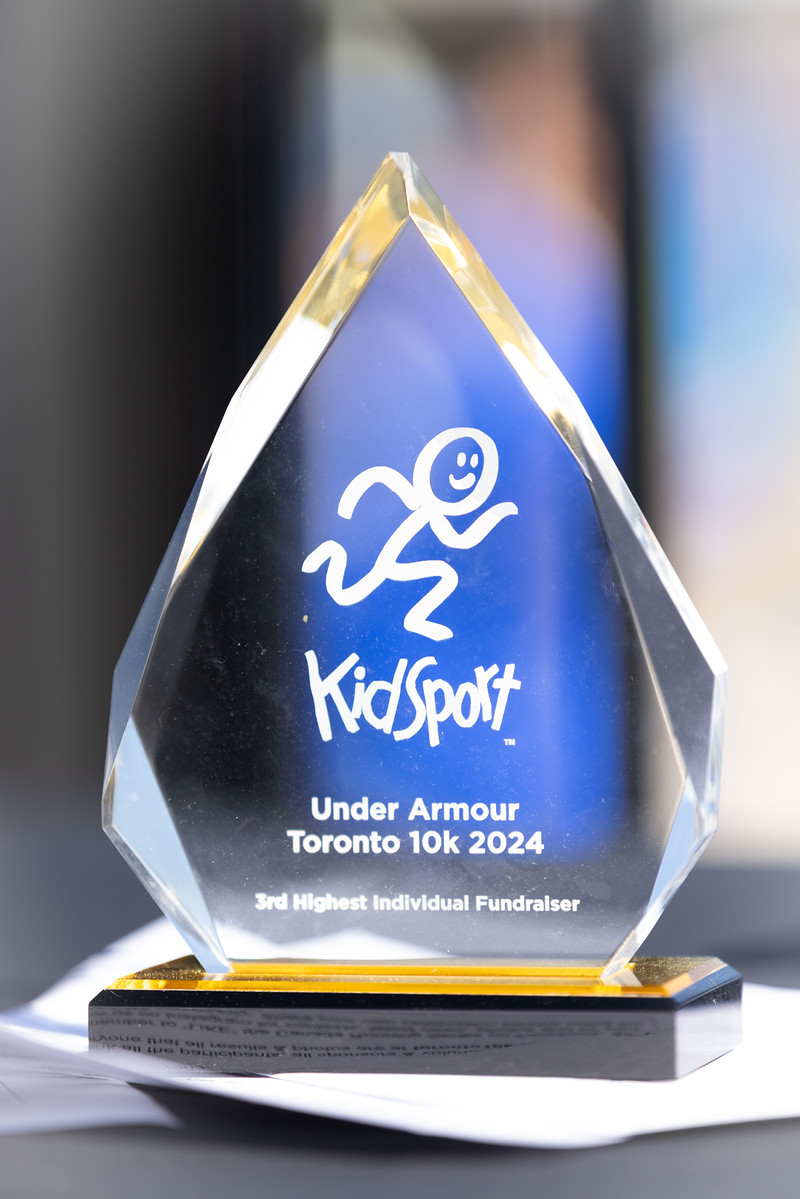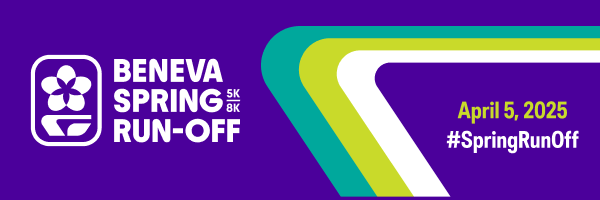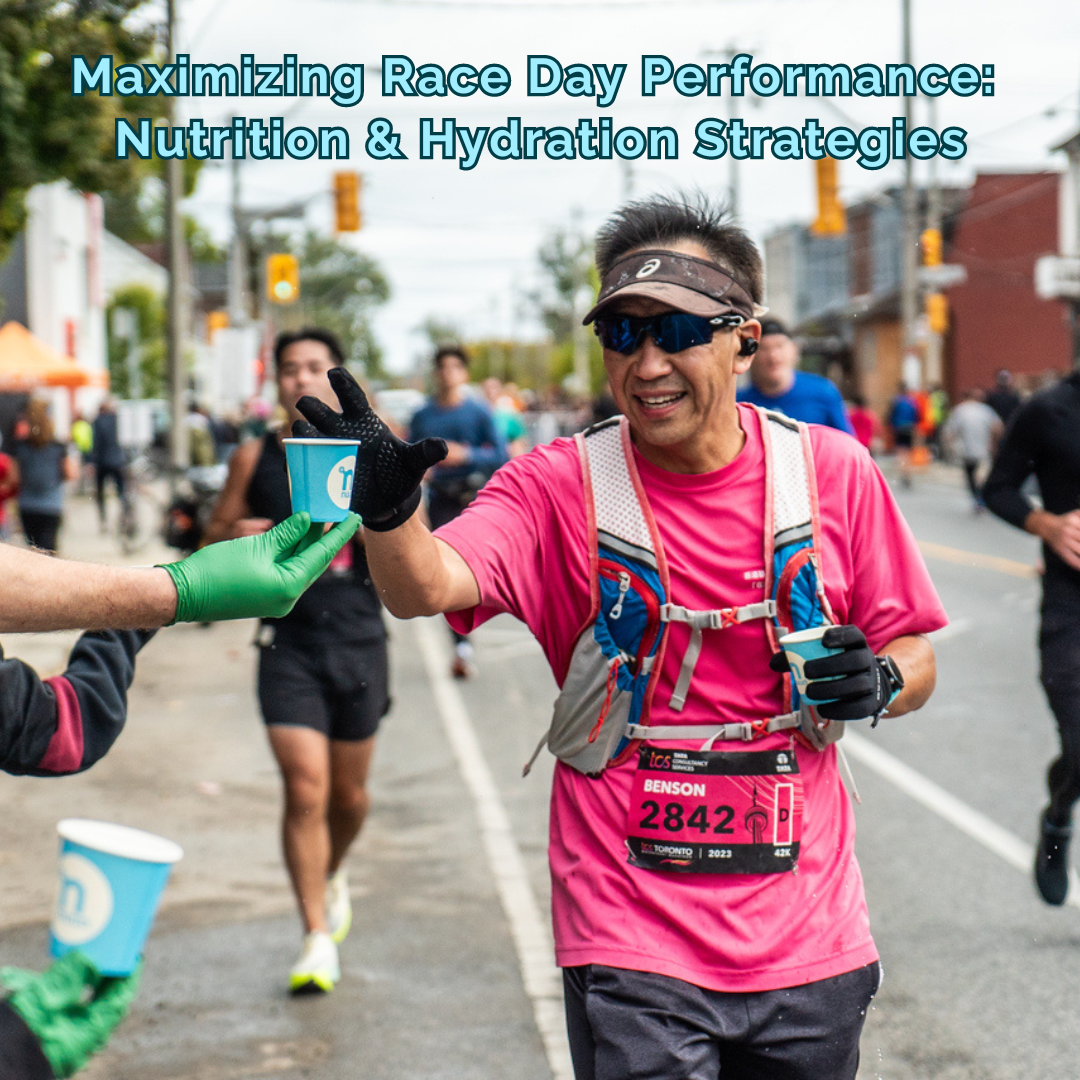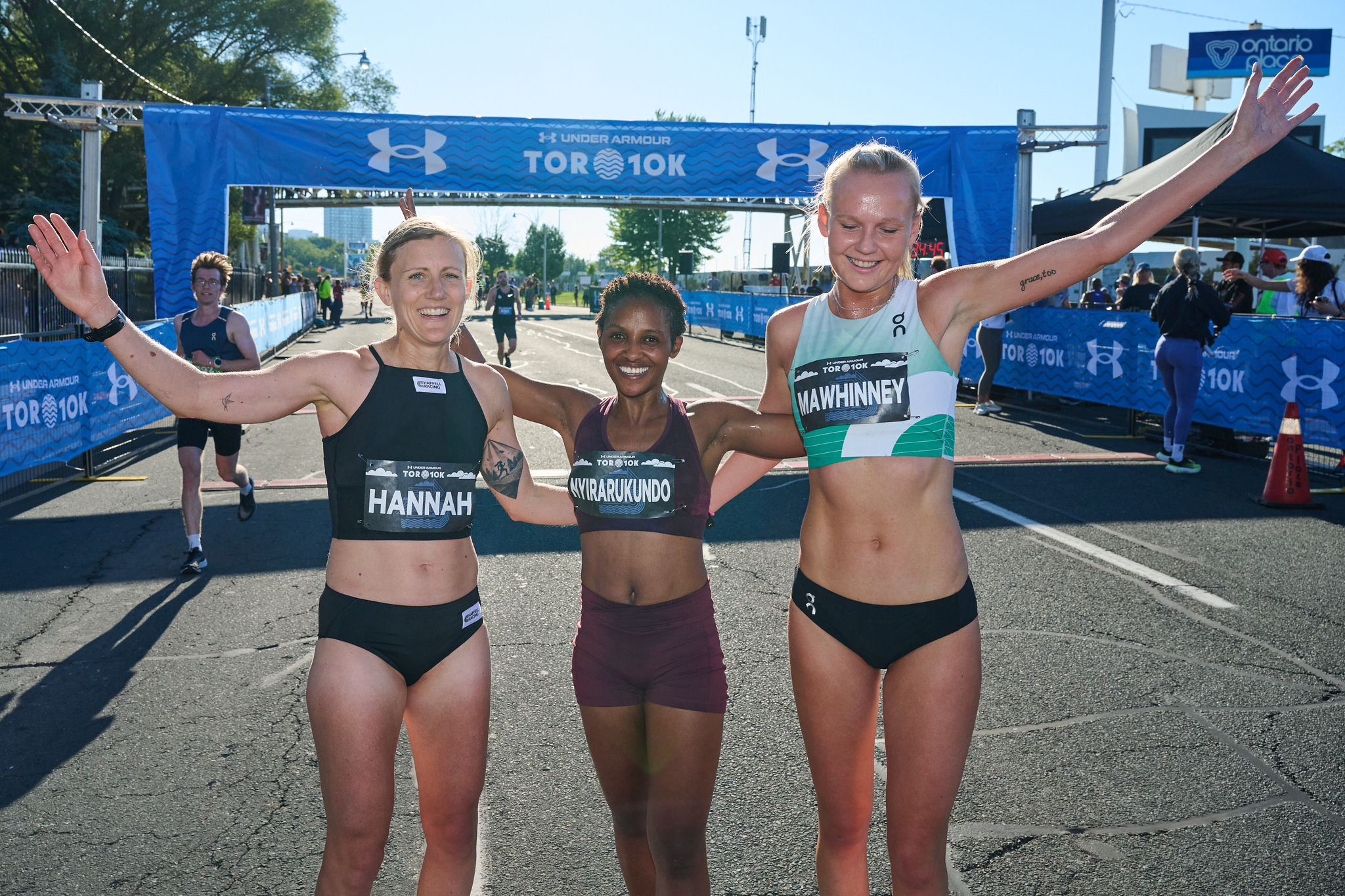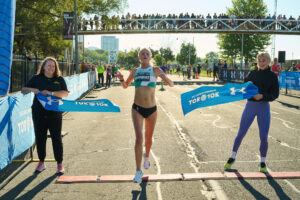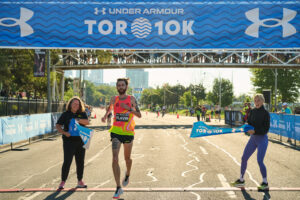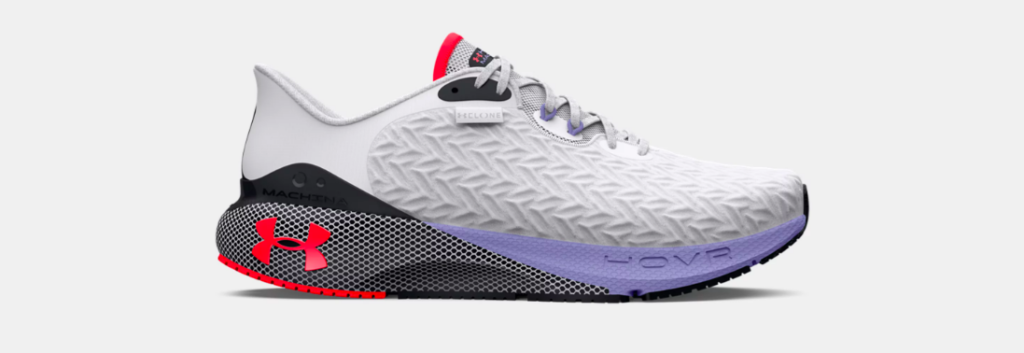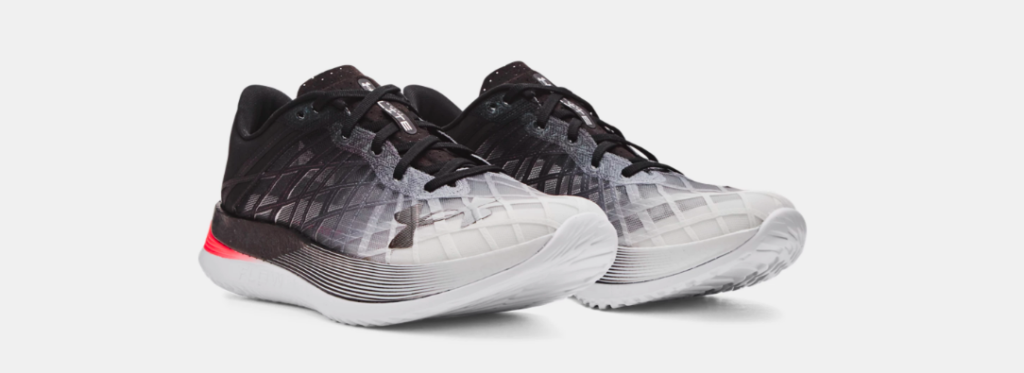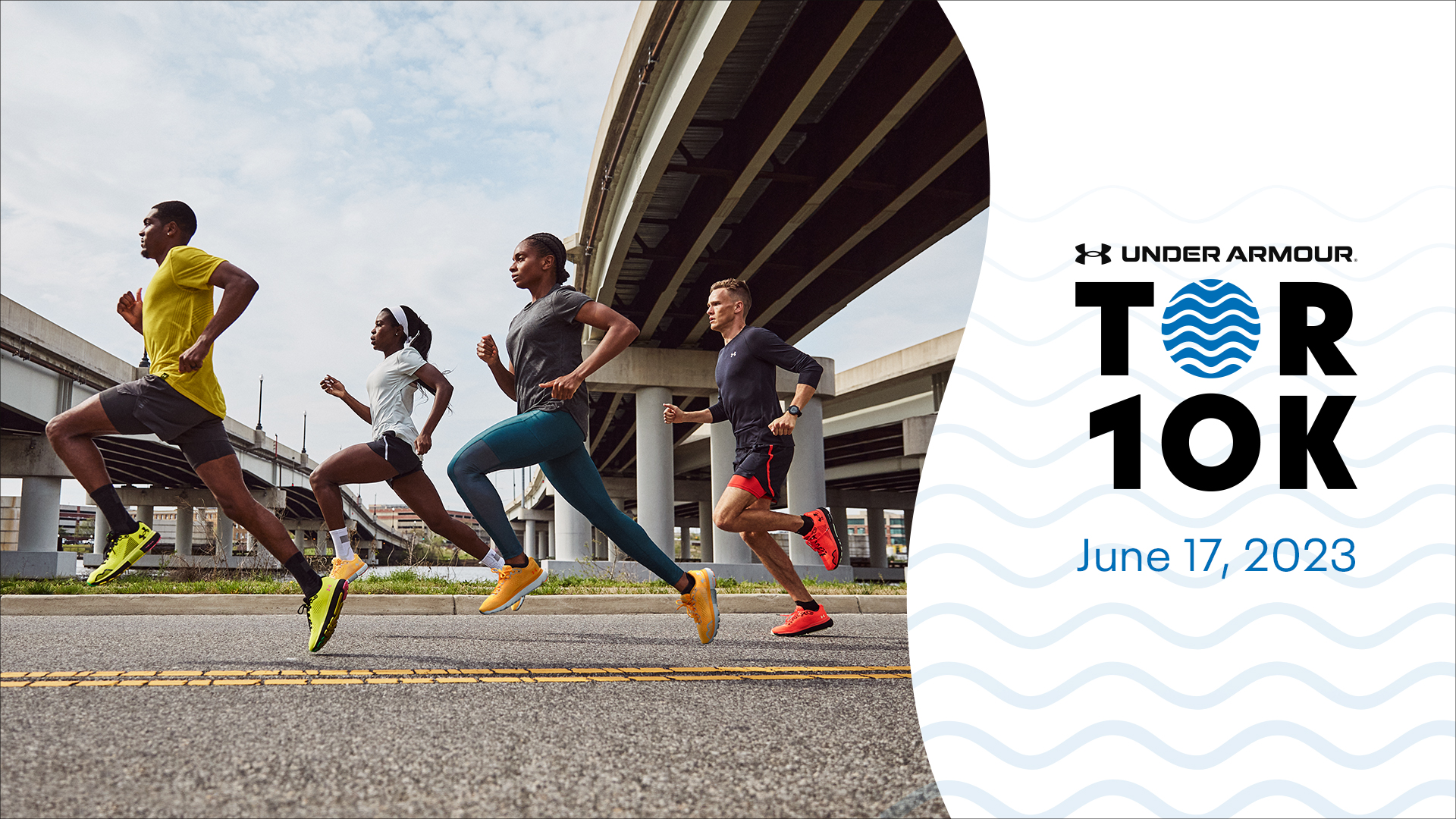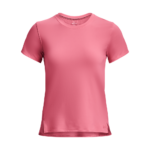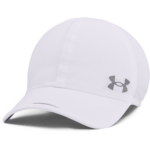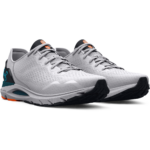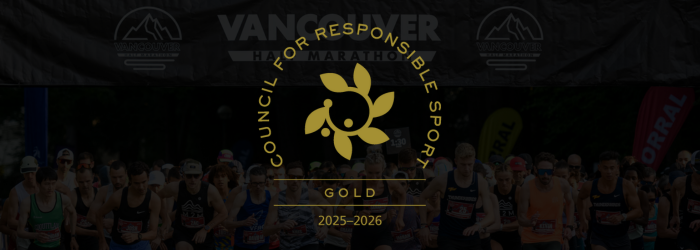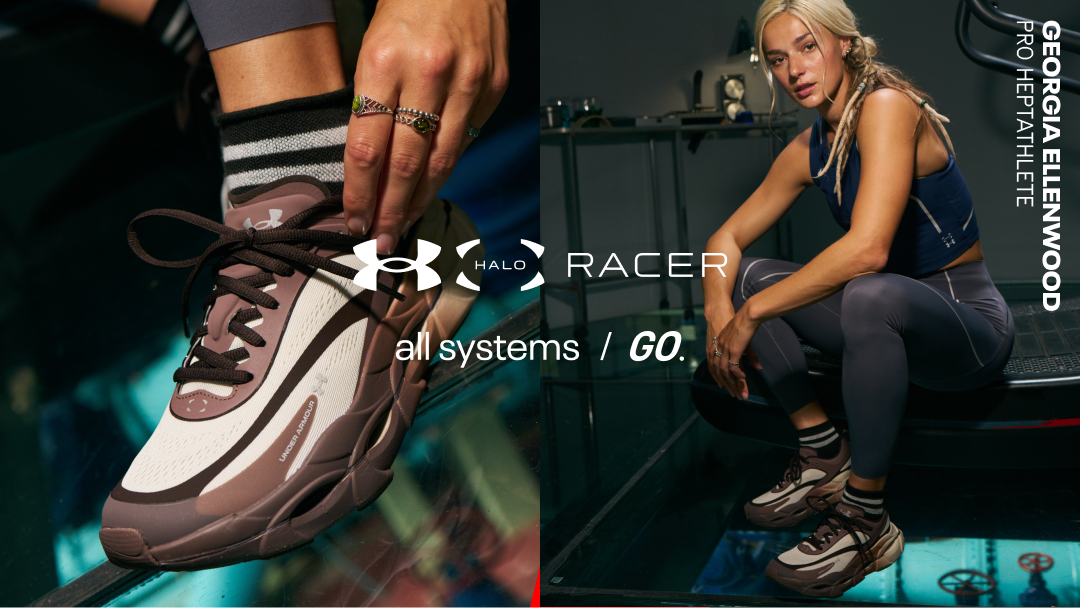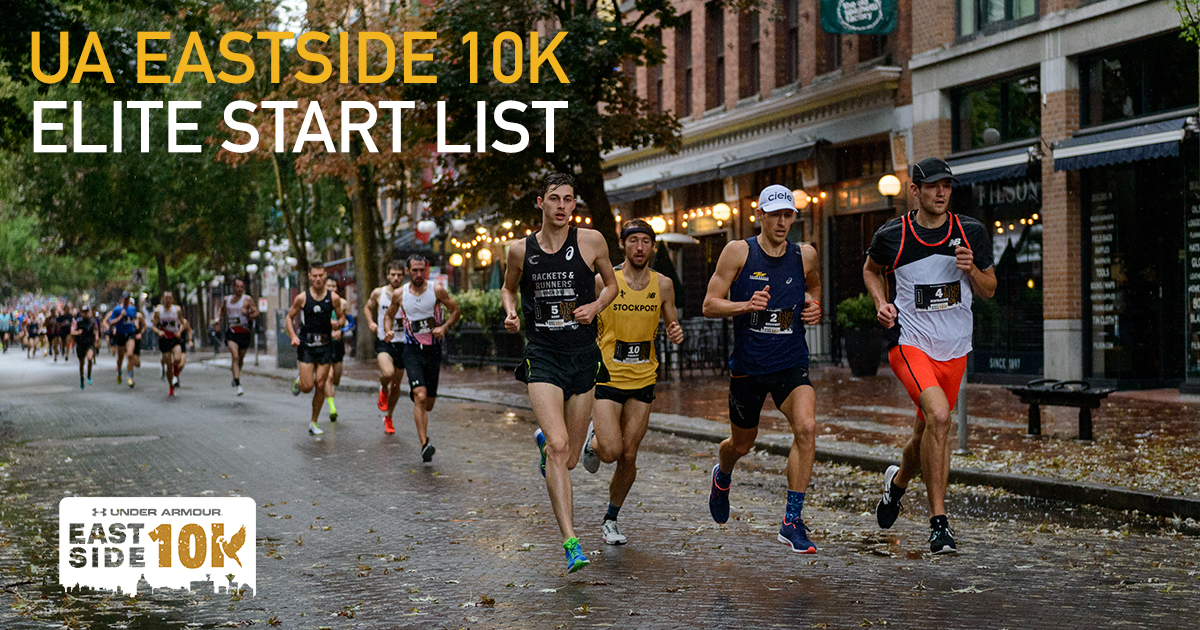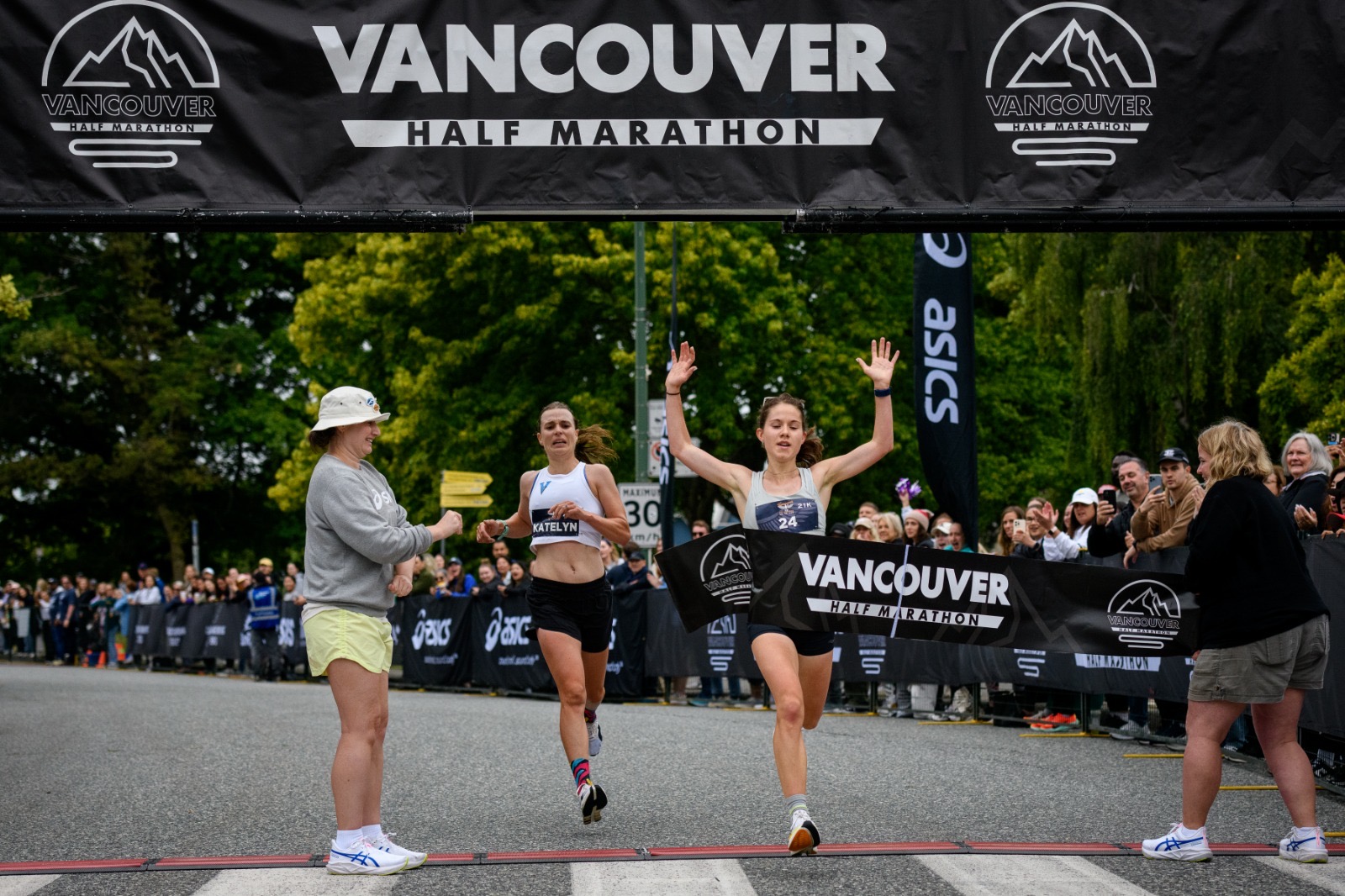
Vancouver, BC – June 22, 2025
The Vancouver Half Marathon & 5K, hosted by Canada Running Series, celebrated an epic day on the streets of UBC and Kitsilano this morning. A record 5,000 participants in the half marathon and just over 1,400 in the 5K tackled the scenic courses, showcasing the best of Vancouver’s running community with no shortage of excitement, athleticism, and courage. The runners came from 8 Canadian provinces and 35 countries, making this a truly international celebration of running.
Thrilling Elite Races and Local Victories
The Half Marathon showcased the excellence of Vancouver’s local runners. In the Men’s Elite race, Ben Preisner cruised to victory almost two minutes ahead of second place finisher Brendan Wong. In contrast, the women’s race was almost too close to call. Eliyah Brawdy and Katelyn Ayers were almost inseparable at the line with Brawdy edging her at the finish tape to claim first place.
Brawdy recapped the epic finish for us saying, “with 500 meters to go I could hear her breathing behind me and then with 300 meters, she passed me, and then I knew I would have to sprint it to the finish. I thought she had me at one point, I was like ‘I’ve got to go, I can’t come this far and not try to be the first one through.’” Alan Brookes says this was the most exciting women’s race he’s seen at this event in his 27 years as president of Canada Running Series.
Charity Challenge Surpasses Goals
Our elites weren’t the only winners. Canada Running Series is proud to announce that the annual Charity Challenge had 48 participating charities raising over $450,000 to date, well on their way to this year’s goal of $600,000 by the time fundraising closes on July 6, 2025.
Top 3 Half Marathon Men:
- Ben Preisner
- Brendan Wong
- Craig McMillan
Top 3 Half Marathon Women:
- Eliyah Brawdy
- Katelyn Ayers
- Natasha Wodak
About Canada Running Series
Canada Running Series is the nation’s premier running circuit with 6 events, 4 in Toronto and 2 in Vancouver. It annually attracts over 60,000 participants and raises more than $3 million for some 200 mostly local charities. The Series includes the World Athletics Elite Label TCS Toronto Waterfront Marathon, and the Athletics Canada National Marathon Championships. Since 1990, CRS has gained international recognition for innovation and organization. CRS returns to Vancouver on September 21, 2025 for the Eastside 10K, Athletics Canada Road Race Label Series event.
We are passionately committed to staging great experiences for runners of all levels, from Canadian Olympians and international stars to healthy lifestyle people and charity runners, and to making sport part of sustainable communities and the city-building process. Our mission is, “building community through the sport of running.”


